Leading Fearlessly: Holding ourselves accountable
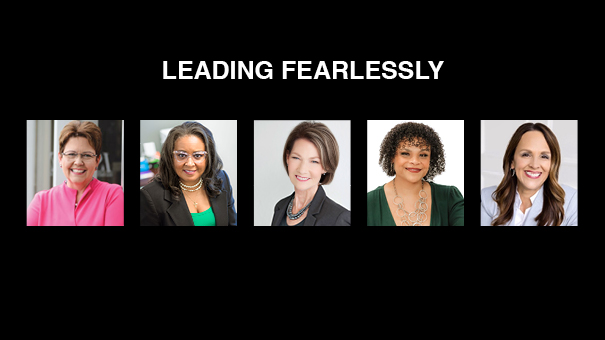
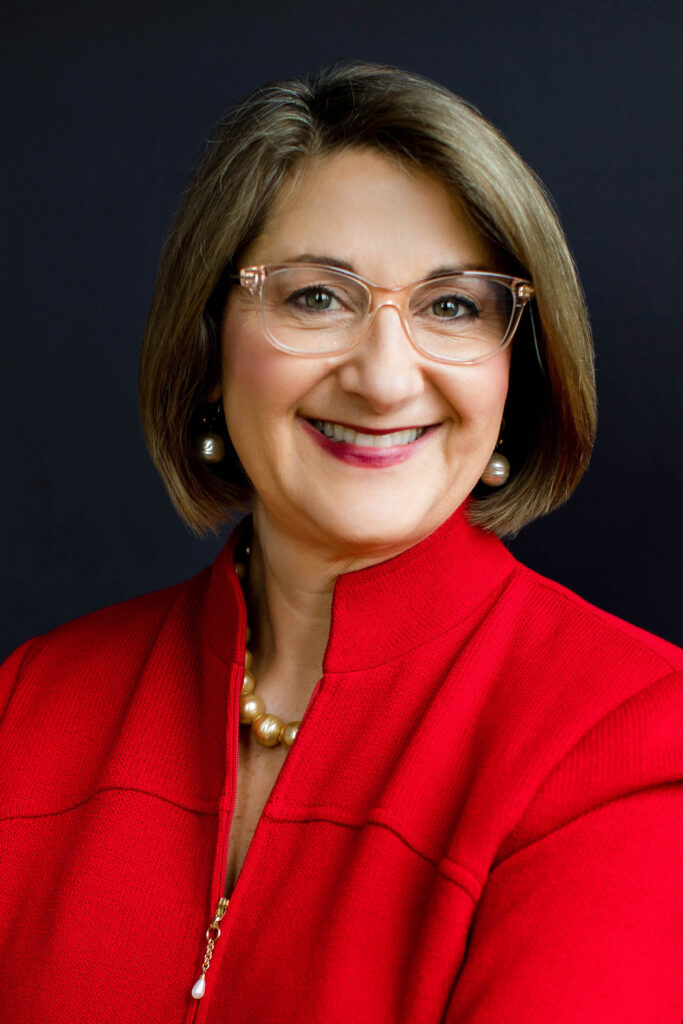
Throughout my career, I’ve faced my share of challenges. When things got really tough, I’d frequently lean on one of my best friends who was a savvy businesswoman. It wasn’t about complaining, but about having someone who understood my situation help keep me accountable. One time, self-doubt was crippling me during a major turnaround. My friend reminded me of specific skills and past successes, which helped me regain my confidence. I wouldn’t have made it through without her.
The path to leadership presents significant challenges for everyone, but women often encounter additional hurdles. While accountability is essential for all leaders, it takes on added importance for women as we navigate societal expectations, implicit bias and the pressure to constantly prove ourselves.
Given these unique obstacles faced by women, I felt optimistic recently when I read the 2024 KPMG Women’s Leadership Summit Report. I was pleased to see that a striking 73% of survey respondents say they aspire to a C-suite role and the same percentage believe it is possible. Those statistics demonstrated to me that advancements achieved by pioneering women leaders have paved the way for future generations to see leadership positions as actually attainable versus out of reach. However, the report also underscores the continued need for supportive organizational cultures and transparent performance evaluations, factors that can significantly affect how we as women leaders hold ourselves accountable.
Unfortunately, we must often go beyond traditional metrics to measure our impact and address potential biases within our organizations. The 2024 Lean In Women in the Workplace 10th Anniversary Report refers to internal barriers such as perfectionism, imposter syndrome or self-criticism and external factors like gender bias, caregiving or household responsibilities and societal expectations on appearance or emotional labor; these are all real obstacles that can make it difficult for us to hold ourselves accountable for our goals.
In the classic Harvard Business Review article, “Women Rising: The Unseen Barriers,” authors Herminia Ibarra, Robin J. Ely and Deborah M. Kolb argue that the challenges we face extend beyond just acquiring the necessary business skills. They discuss the fundamental identity shift involved in becoming a leader, and how many organizations fail to acknowledge or address how we are perceived in comparison to traditional qualities associated with leadership. This scrutiny can heighten self-doubt for women leaders, hindering our ability to advance and hold ourselves accountable for our own career progression.
Despite these challenges, women leaders have developed remarkable strategies for holding ourselves accountable. Many emphasize the importance of setting clear, measurable goals and regularly tracking our progress. We are increasingly recognizing that it is critical to nurture ourselves, paying attention to our own health to combat stress and prevent burnout. Building strong support networks, both personally and professionally, is another crucial strategy. Mentors, sponsors, coaches and trusted colleagues can provide invaluable guidance, support and a sounding board for ideas.
And sometimes, you just need advice and a pep talk from your best girlfriend.
I turned to local leaders and asked them to share some ways they hold themselves accountable for meeting goals — and why this is so important for female leaders.
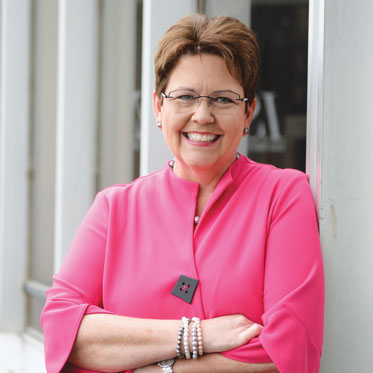
Mary Jane Cobb, president, Mary Jane Cobb Coaching & Consulting LLC
Ginger Rogers said about her dancing partnership with Fred Astaire, “I did everything Fred did, only backward and in high heels.” This statement serves as a metaphor for the extra effort women often need to exert to achieve success compared to their male counterparts. A key part of that drive for success is self-accountability.
As I transitioned from chief executive to coach and consultant, I found it crucial to determine what I should hold myself accountable for and how to measure my success. I started with a long list of goals but eventually narrowed it down to three that aligned most closely with what brings me joy and fulfillment.
Having an accountability partner or coach can be extremely helpful in this process. I prefer to see my goals written in my own handwriting. Each month, I review my progress toward these goals and make any necessary adjustments along the way.
First, self-accountability is tough, especially for women. We are often juggling multiple demands of others that our own goals tend to slip in priority on our to-do list.

Bridget Cravens-Neely, CEO, Big Brothers Big Sisters of Central Iowa
What helps me hold myself accountable is blocking distractions. I’m focused on my North Star. I do a self-check on whether a task or action is getting me closer to the goal. I also evaluate what impact those actions have on my productivity. I write down my thoughts and organize them into categories, so I can stay focused on the main things and not “chase the shiny objects.” I also check in with others to help me re-prioritize when I get overwhelmed. It helps me reassess, so I regain my focus.
As women, we are still challenged to justify why we are in certain roles and spaces. We have to be confident in who we are to block the noise. Self-accountability is important because it builds self-confidence. When I complete a goal, it gives me a feeling of satisfaction and accomplishment that fuels me to keep pushing toward that North Star.
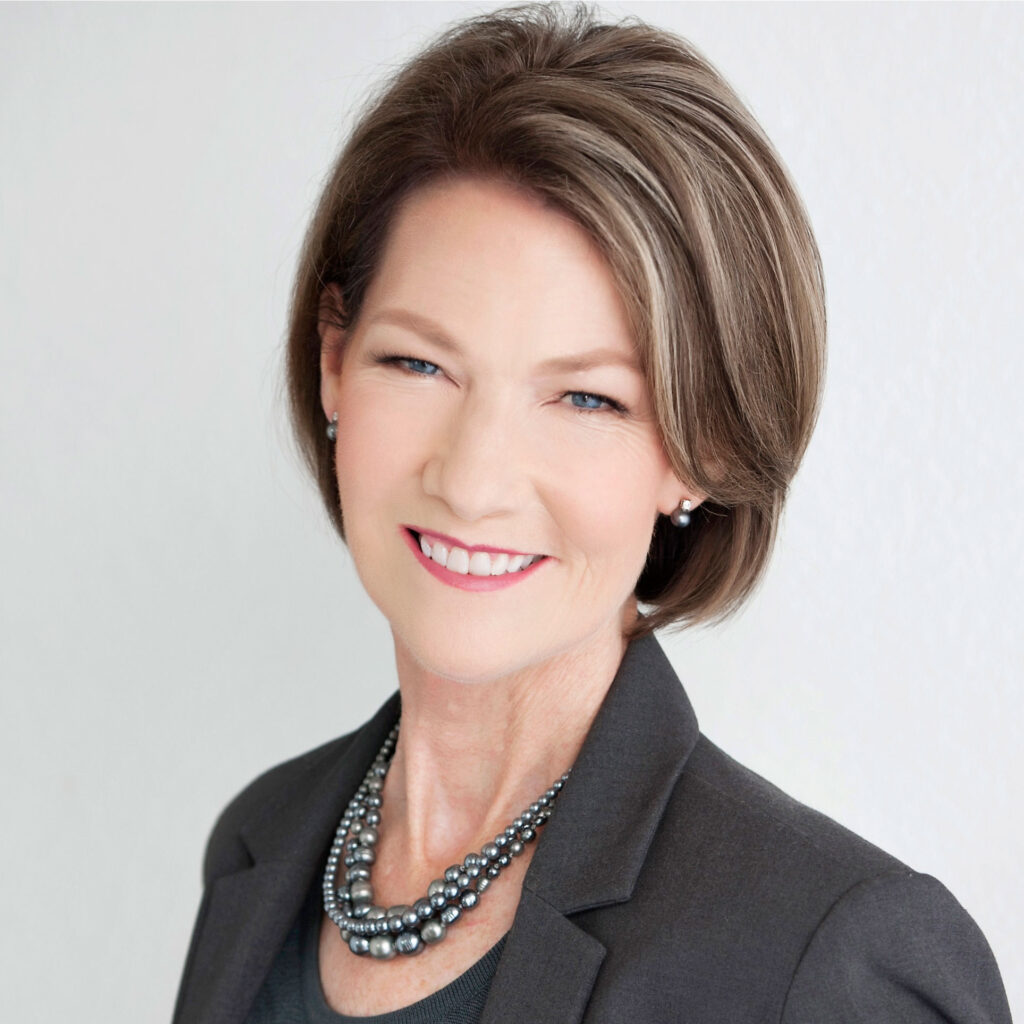
Diana Deibler, president, Deibler & Co.
I’m a big fan of Newton’s first law of motion: An object in motion stays in motion. I use this principle to hold myself accountable and maintain momentum — with a twist. When I hit a roadblock, such as trying to decide between ideas or waiting on a client’s input, I don’t stay stuck or simply wait. Instead, I pivot to something productive — scheduling an appointment, outlining an agenda or organizing my workspace. I call this “productive procrastination.”
This approach helps:
1. Avoid the guilt from traditional procrastination.
2. Set a placeholder for the task while engaging in productive activities.
3. Generate the energy needed to return to the project I’ve placed on hold.
If I don’t have time for this approach, I switch over to defining what success looks like and start working with that in mind, accepting a nonlinear, messy process that nonetheless results in progress. The key is to make staying in motion part of accountability, and the results will follow.
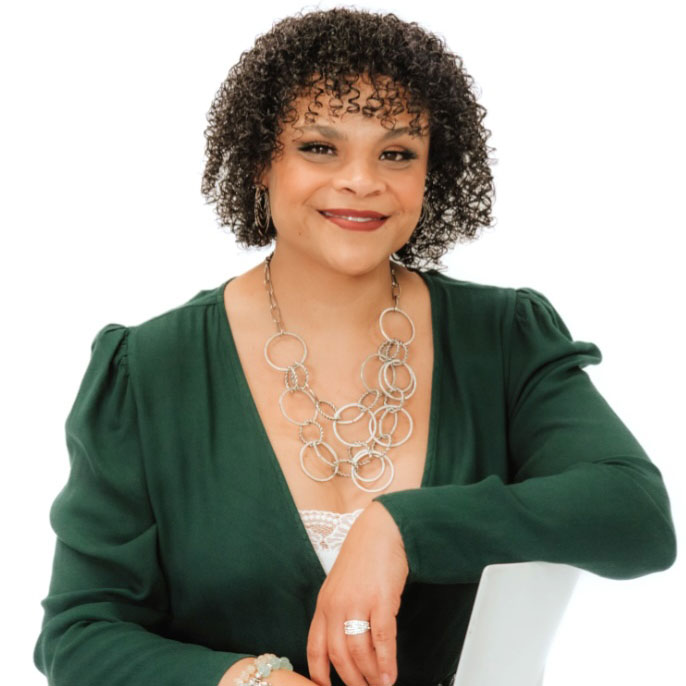
Christina Fernández-Morrow, editor-in-chief, Hola America Publications
Several years ago, a friend invited Latina leaders to a Bucket List party. Stationery items surrounded a basket, and we were to write down our future goals, share them and toss them in the basket.
The room fell silent as we contemplated but quickly buzzed with excitement as we read our goals aloud. We discovered shared dreams, offered encouragement and asked questions.
Then, she said, “Now, reach in and grab someone’s goal. You’ll be their accountability partner, their cheerleader and sounding board.”
Sharing my aspirations with someone who believed in me and kept me on track was empowering and incredibly powerful. When I checked on my partner’s progress, it motivated me to work on my own goals. This mutual support helped me complete my Master of Fine Arts, launch businesses and maintain a healthier lifestyle. I still use accountability partners because reciprocity with supportive women turns dreams into reality.
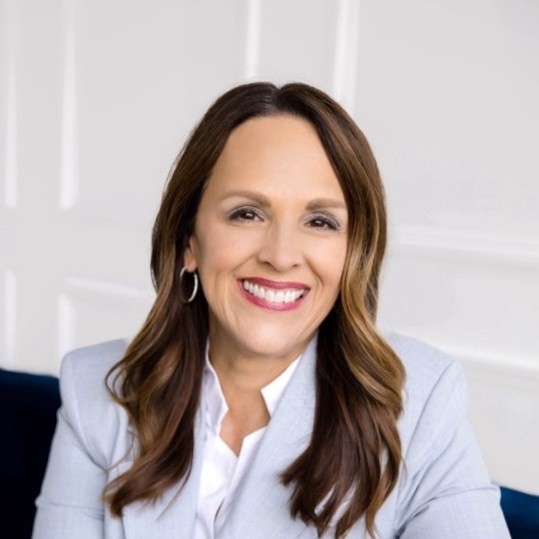
Rachelle Keck, president, Grand View University
Accountability is a potent tool for growth, and I regularly use several accountability tactic.
First, I claim my goals by writing them out as if I’ve already achieved them, then place them in a prominent location (e.g., monitor, phone screen, etc.) to further fuel my focus. Second, I speak my goals out loud — to myself and to others, often using social media. In sharing my goals with others, I frequently receive valuable feedback, in addition to holding myself accountable. If no one knows about your goal, no one has to know you haven’t achieved it or made progress toward achieving it. Speaking goals out loud further embeds possibility in our brains, making the goal feel achievable and reminding us to keep going.
The more I do this, the more I understand the power behind the process, and my courage to continue toward my goals is strengthened.
Suzanna de Baca is a columnist for Business Record, CEO of Story Board Advisors and former CEO of BPC. Story Board Advisors provides strategic guidance and coaching for CEOs, boards of directors and family businesses. You can reach Suzanna at sdebaca@storyboardadvisors.com.

